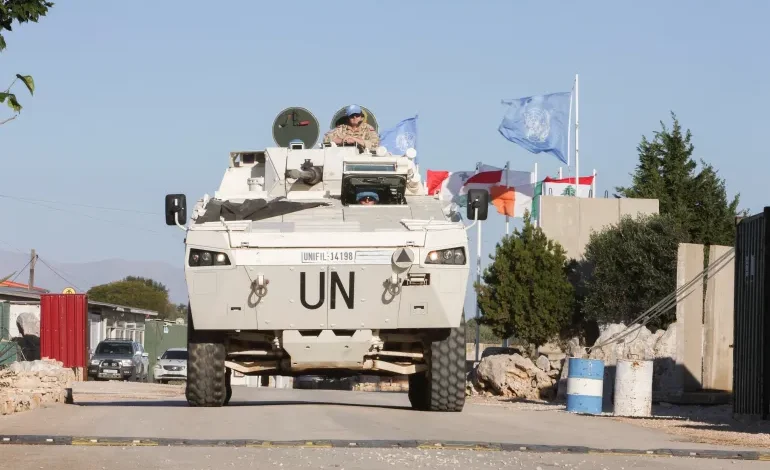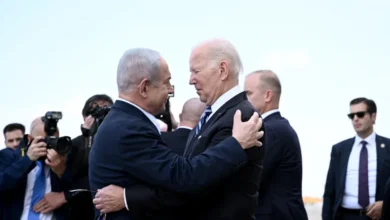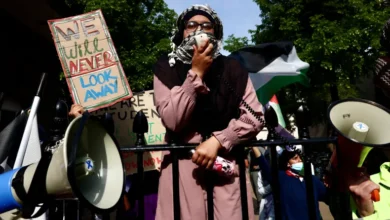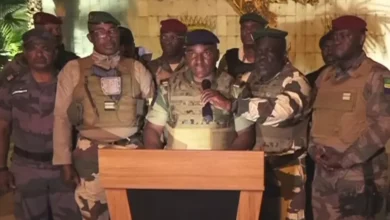A new deterrence for Lebanon is needed to avoid a long war with Israel
Sami Halabi

Following the re-election of former US President Donald Trump, efforts to negotiate a ceasefire between Lebanon and Israel have seemingly gained momentum. On Monday, US special envoy Amos Hochstein and Israeli Minister of Strategic Affairs Ron Dermer met in Washington to discuss the matter.
In October, Hochstein traveled to Beirut, but his visit bore no fruit, as he made clear that for the US, “both sides simply committing to [United Nations Security Council Resolution] 1701 is not enough” and that there needs to be a new “formula that brings an end to this conflict once and for all”. Casting aside UN decisions appears to have become commonplace among US officials of late, with disastrous consequences.
In their latest offer, Israel and the US are demanding that Lebanon accept a new arrangement in which Israeli troops can engage in “active enforcement” of demilitarisation in southern Lebanon. In other words, Israel would have effective military control over Lebanese territory.
No sovereign nation – or non-state actor – would ever agree to such terms. Neither Lebanon nor Hezbollah would give up their military deterrence. Therefore, US and Israeli insistence on these new conditions will only prolong the war.
Building a new consensus around Resolution 1701 remains the only viable path towards peace.The resolution brought to an end Israel’s last war with Lebanon in 2006, acting as a mechanism to stop the hostilities and outlining measures to clear the border area of armed group presence. Although there were issues with its full implementation – which both sides were aware would happen – it effectively put an end to the fighting.
The grim prospect of a long war
On Sunday, Israel’s Defense Minister Israel Katz declared that after 40 days of intense fighting, Hezbollah has been defeated. “Now it is our job to continue to put pressure in order to bring about the fruits of that victory,” he reportedly said during an official ceremony.
Israel seems to be convinced that it can bring Hezbollah to capitulation by force. However, going for a military solution in Lebanon means war that will not be anything like the 2006 conflict.
Back then, Israel’s ground offensive faltered, and public support eroded as losses mounted. Today, Prime Minister Netanyahu has the Israeli public’s backing, buoyed by military successes that have eliminated Hezbollah’s leadership and disrupted its communications networks.










